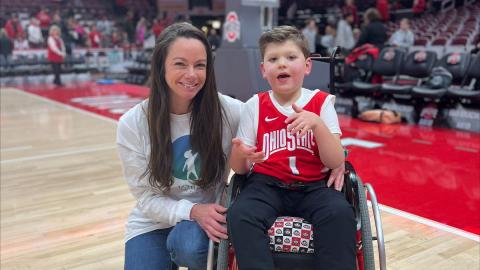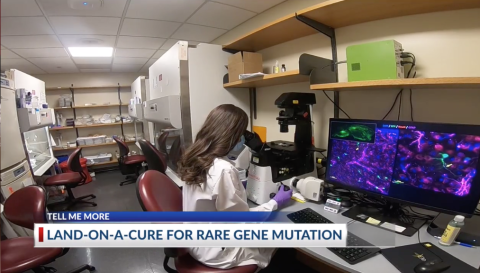Background: Microtubule dynamics is crucial for neuronal function and survival. The disrupted function of microtubule dynamics would lead to neurodegenerative and neurodevelopmental disorders. Tubulin-specific chaperone D (TBCD) is one of five tubulin co-chaperones acted in assembly and disassembly dynamics of microtubule. The biallelic pathogenic variants of TBCD gene were reported to be associated with severe degenerative encephalopathy accompanied with seizures previously.
Results: Compound heterozygous variants were identified in three patients from three families. The in silico prediction software and ACMG standards and guidelines proved the pathogenicity of the TBCD pathogenic variants. The clinical features of the three patients presented with mild neurodevelopmental manifestations including autism spectrum disorder (ASD) and occasional generalized tonic-clonic seizures (GTCSs) responding well to antiepileptic drugs.
Conclusion: Our research expanded the clinical spectrum of TBCD-related neurodevelopmental disease which contributed to understanding the genotype-phenotype correlations of the disease.
Keywords: Biallelic; Neurodevelopmental; Pathogenic variants; TBCD.






